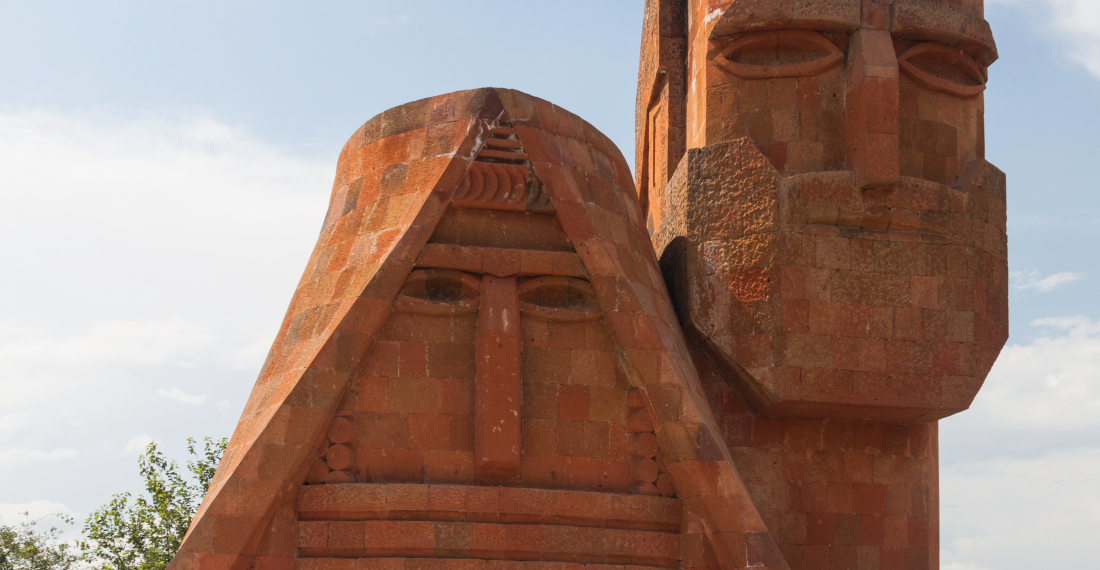Azerbaijan said that it has achieved the objectives for its military operation in Nagorno-Karabakh and that it was suspending all measures.
In a statement, the Azerbaijani Ministry of Defence said "that taking into account the appeal of representatives of the Armenian residents of Karabakh received through the Russian peacekeeping contingent, an agreement was reached to suspend local anti-terrorist measures on September 20, 2023 at 13:00 on the following conditions:
1. The formations of the armed forces of Armenia and illegal Armenian armed formations located in the Karabakh Region of the Republic of Azerbaijan lay down their arms, leave combat positions and military posts and completely disarm. Units of the Armenian armed forces are leaving the territory of Azerbaijan, illegal Armenian armed formations are being disbanded.
2. At the same time, all weapons and heavy equipment are surrendered.
3. The implementation of the above processes is ensured in coordination with the Russian peacekeeping contingent."
The agreement has also been confirmed by sources close to the Armenian community of Karabakh.
It has been further agreed that representatives of Baku and Stepanakert will meet tomorrow Thursday (21 September).
The Azerbaijani military operation lasted exactly twenty-four hours, during which dozens of casualties are reported on both sides.







